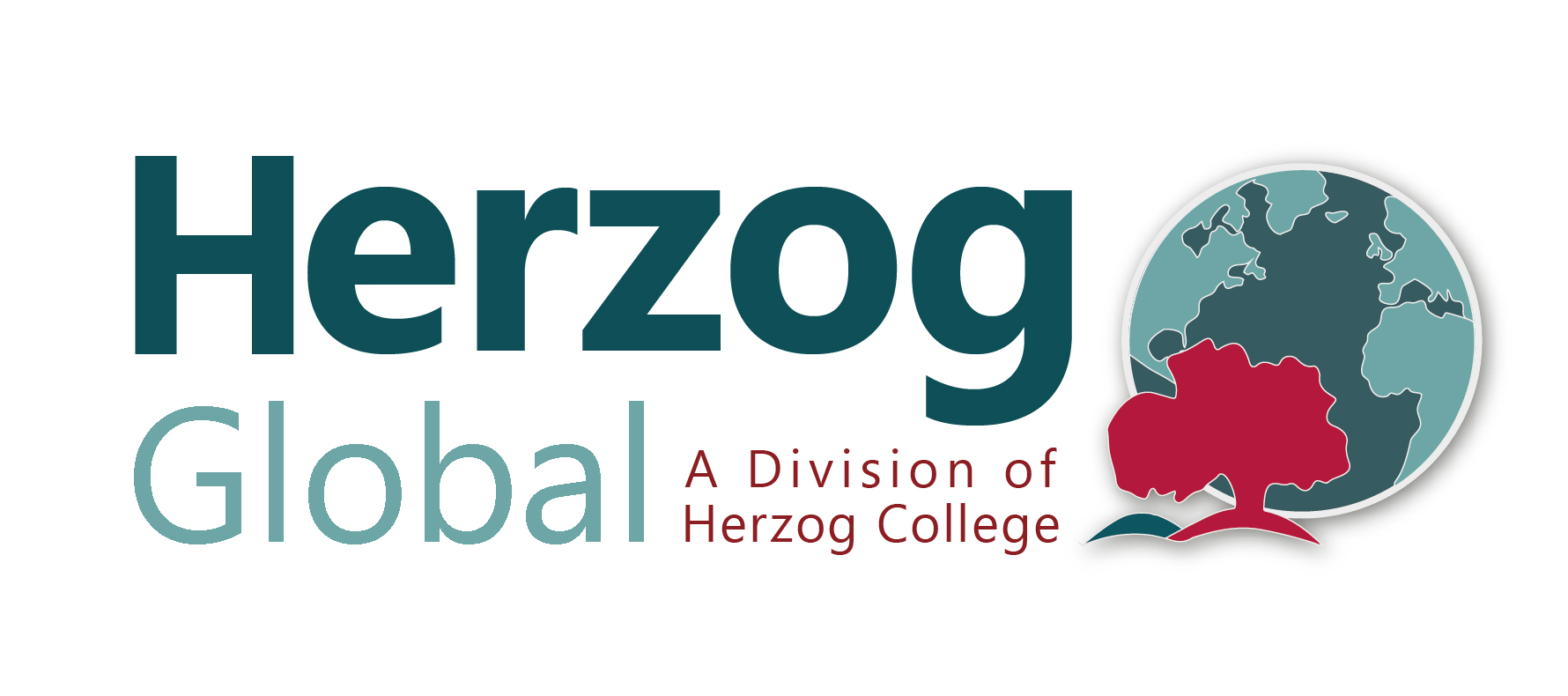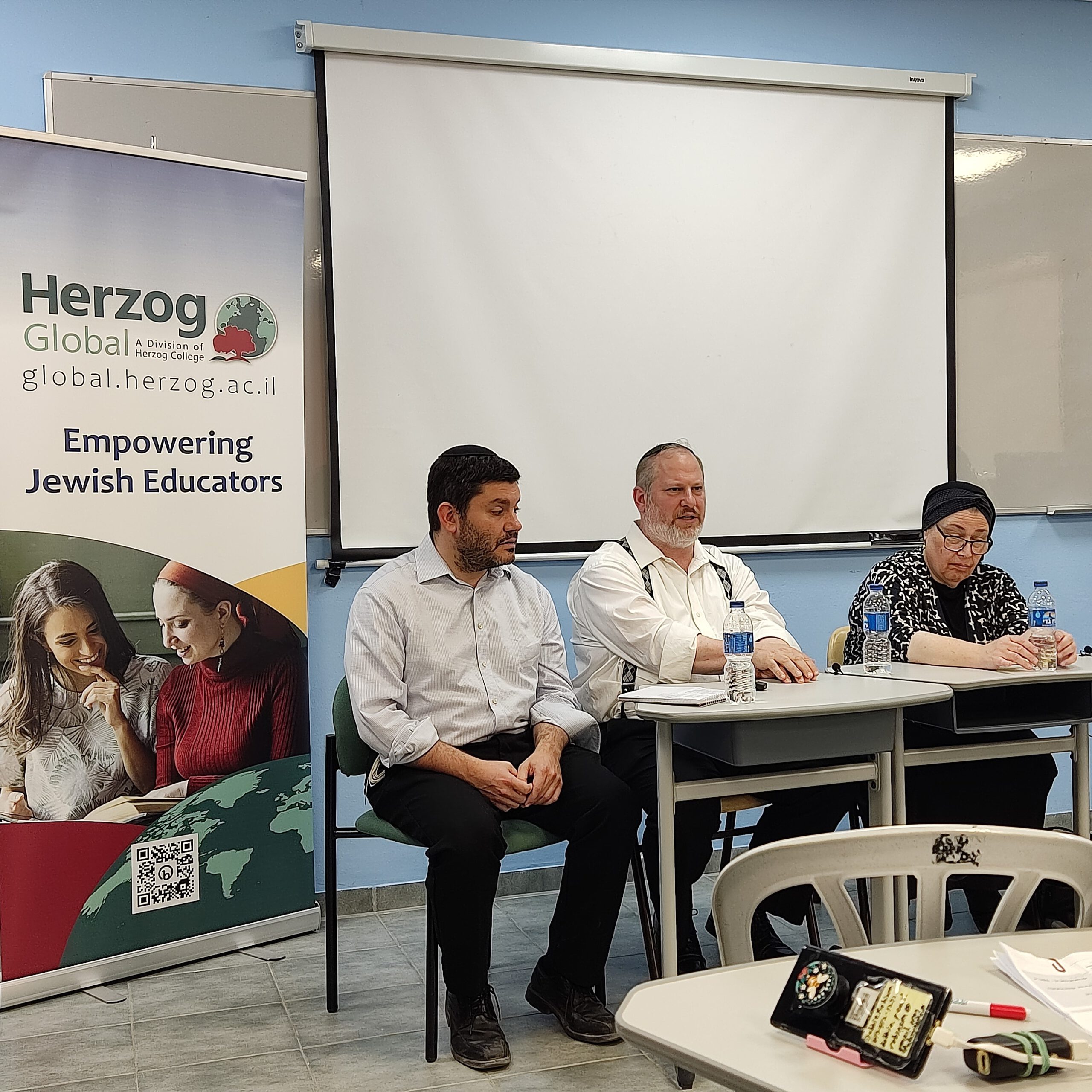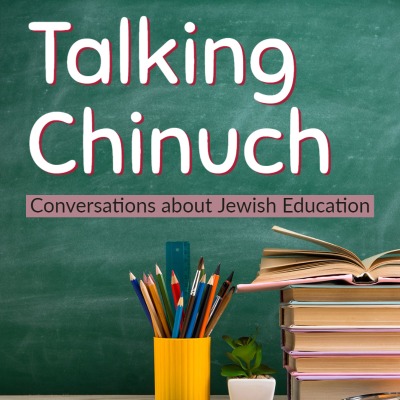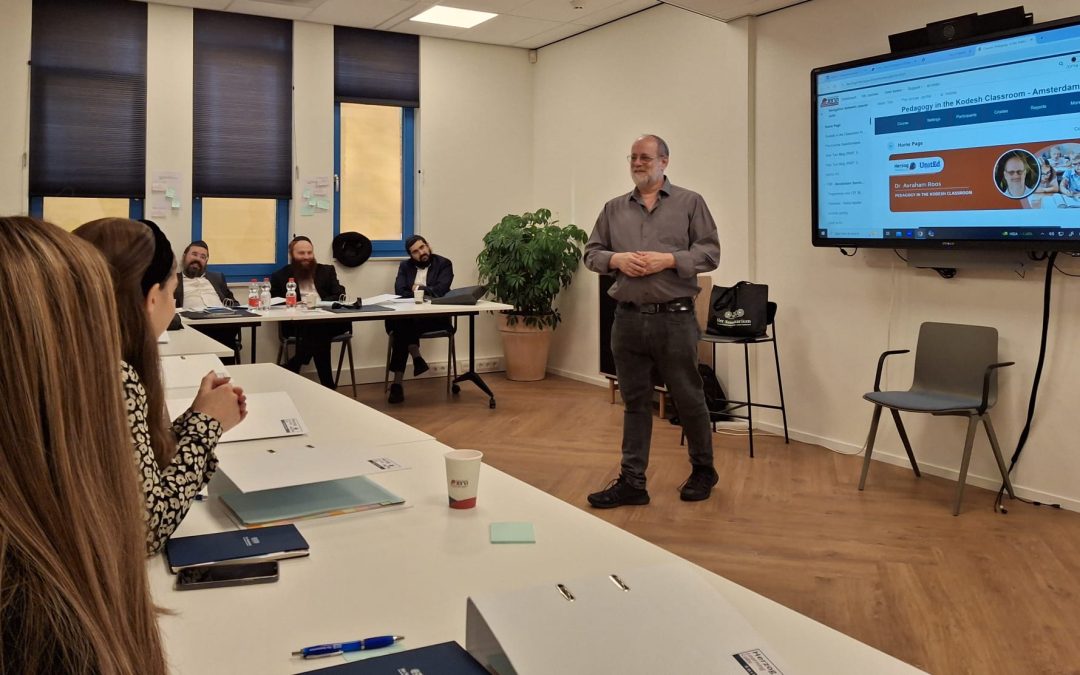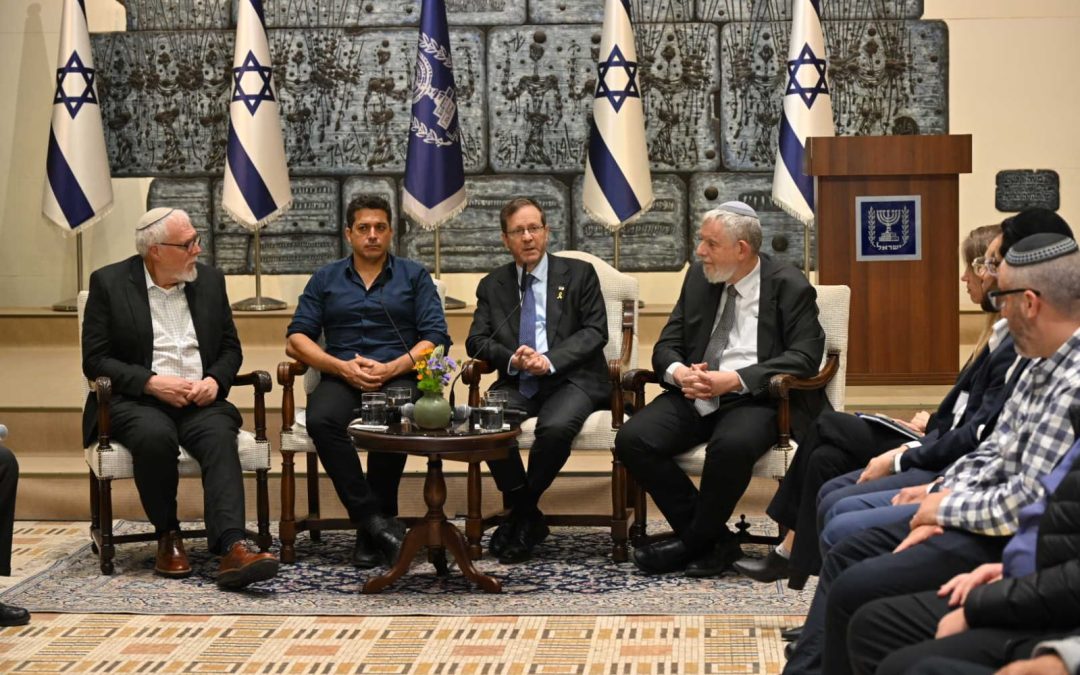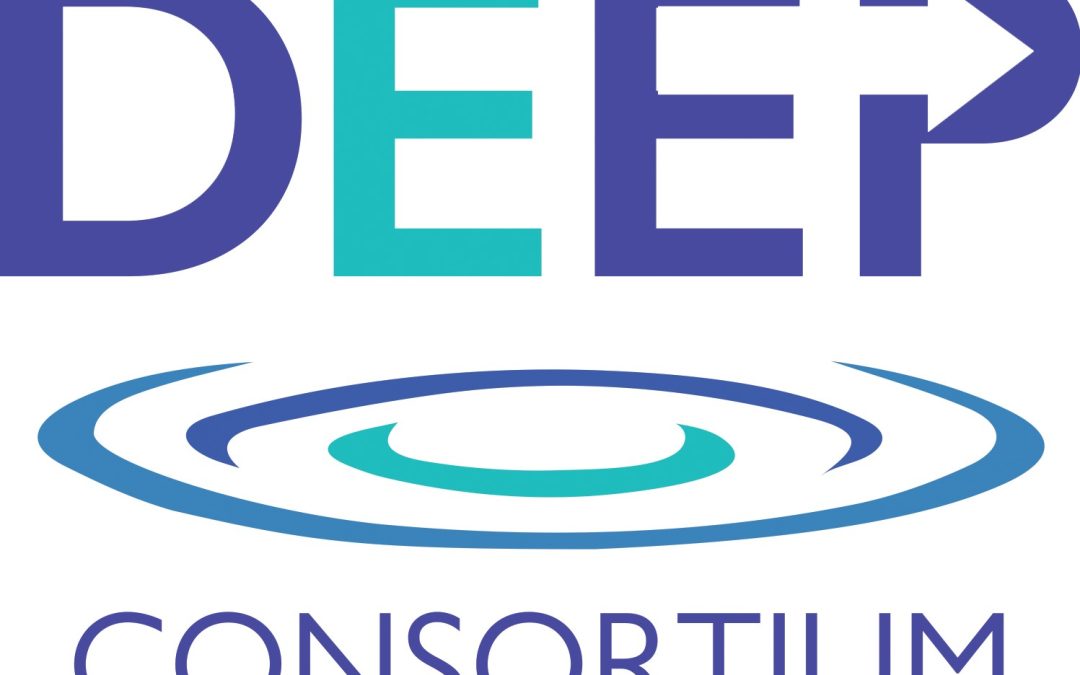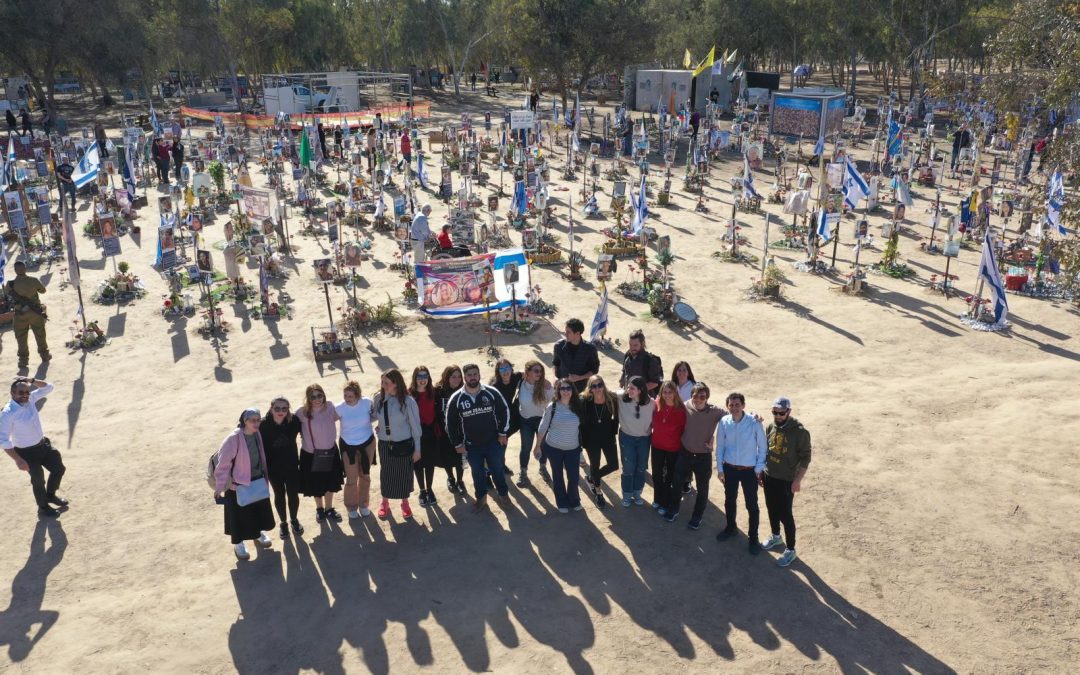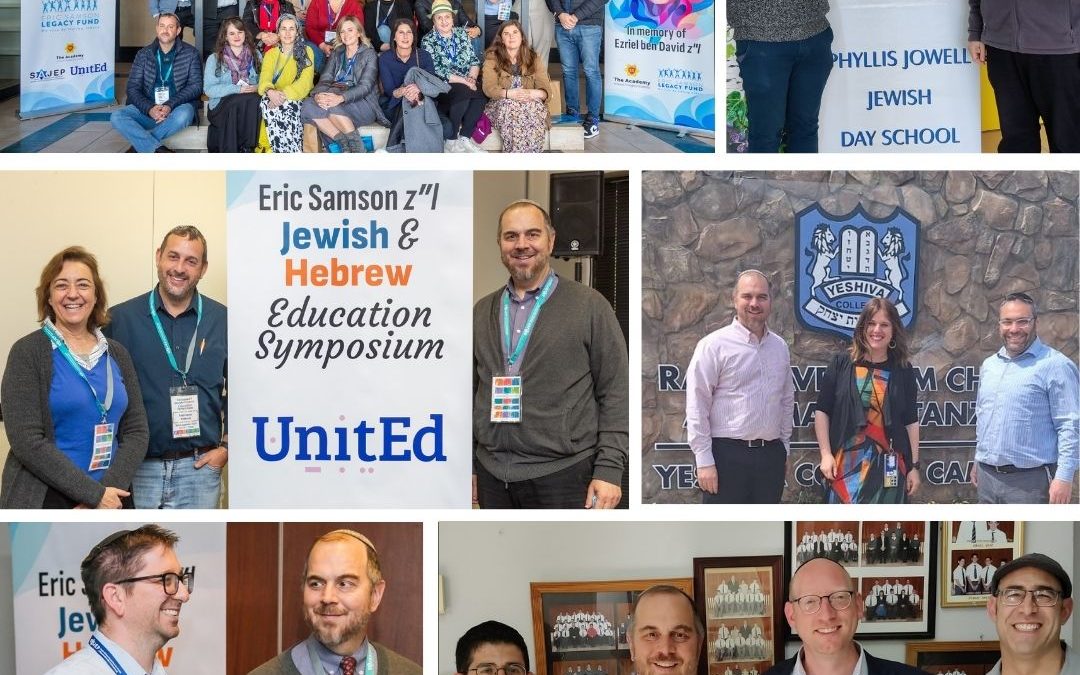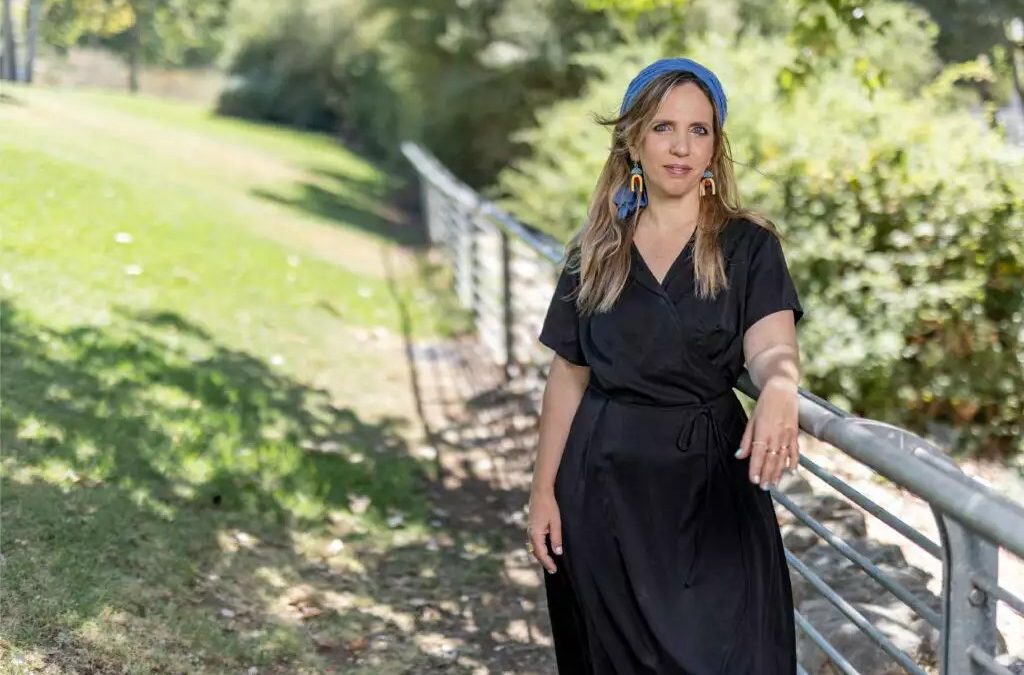Why is Affective Education Critical in Jewish Education?
The theme of Herzog Global’s Jewish Educators’ Day on August 4 is “Affective Education”. This may sound like a misspelling or a new buzzword in education, but for Jewish educators it is nothing new. We can trace its origins back to the Exodus!
Experts define “affective education” as “the process of acquiring knowledge, skills and attitudes through emotional engagement, because emotions play a pivotal role in shaping cognitive processes, memory retention and decision-making.” (Source)
People can be forgiven for mistaking it for “effective” education, because one of the goals of education is to shape the lives of our students, but “affective” education takes this one stage further. Rabbi Reuven Spolter, Herzog Global’s Director of Professional Development, explains that Jewish education is designed to affect the way that students learn about their religion and their heritage, developing a spiritual relationship with G-d.
Of course, there is nothing new under the sun. When G-d told Moses to lead the Jewish people out of slavery, He instructed Moshe that future generations of Jews should be told about the Exodus. “Vehigadata lebincha” was an astonishing instruction to give to a nation of slaves, who did not know if they would survive to tell their tale, but it became the basis for the Hagaddah – the first experiential educational curriculum!
Jewish Educators’ Day 2024
This year’s Jewish Educators’ Day is one of four days of Tanakh-based learning at the Yemei Iyun B’Tanakh at Herzog College in Alon Shvut. This annual Bible study conference has always attracted teachers of Chumash and Judaic Studies, who come to refresh and deepen their own understanding of Jewish sources. There is an entire program of lectures in English by leading Bible scholars from Israel and overseas, and the Educators’ Day takes this one stage further by programming sessions designed to help English-speaking Limmudei Kodesh teachers to enrich their teaching.
“We chose the theme of Affective Education in the Kodesh Classroom because we all understand the need to make education more meaningful to our students. In our world of Wikipedia and AI, knowledge is cheap and accessible. Meaningful education has to engage with students on an emotional level, so that they walk away with skills for life and an interest in continuing to explore their Jewish identity.”
The morning sessions will focus on how to teach Tanakh in meaningful ways, through storytelling and engaging questions, and how learning Chumash should inspire students to connect with the Divine, through prayer and mitzvah observance. The afternoon panel of pedagogy experts – Rabbi Dr. Jacob J. Schacter and Dr. Deena Rabinovich from Yeshiva University, Gitta Neufeld from Touro College, and Rav Dovid’l Weinberg from Yeshivat Orayta in Jerusalem – will discuss the issue of how educators can go beyond the texts they teach to effect actual change inside the classroom. A conversation between two renowned educators, mother and daughter, Dr. Tovah Lichtenstein and Rabbanit Esti Rosenberg, about the lessons that we can learn from Biblical personalities, will round out the day.
Teachers from Yeshivot, Midrashot and Jewish schools of all types are invited to participate in this enriching program. If they cannot attend in person, they can request access to the recordings of the sessions.
Click here to register to receive recordings from the Jewish Educators’ Day.
Rabbi Reuven Spolter explains: “Our goal is to show that educators can pivot from “just teaching texts” to fostering life-long engagement with Jewish ideas. We are not talking about changing what we teach, but opening our eyes and our hearts to today’s students, understanding what they are looking for and what they need from us. Affective learning is not a new idea, but being aware of its potential can make us all more effective educators.”
How to Book to Attend
- Click here to register in-person to attend the Jewish Educators’ Day.
- Click on the blue button and select the Monday program in English.
- Click on the + symbol to select the number of tickets you require and click “Next”
- Select the 5 English sessions on the right side of the grid AND you must also indicate whether or not you want to book transportation and lunch.
- You can then proceed to the payment page. The discounted price ends on July 20.
If you encounter any problems, please email herzogolami@herzog.ac.il
